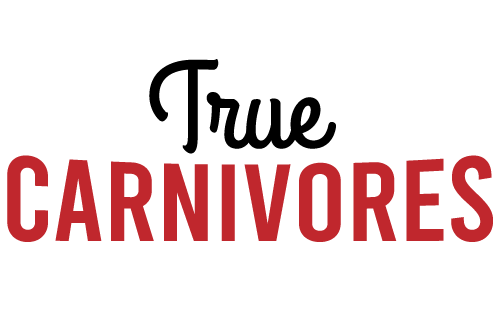Has your dog ever had an episode where they take in long inhalations of air, extend their head and make a loud snorting sound? If this sounds familiar, your dog may have been experiencing a phenomenon known as inspiratory paroxysmal respiration or “reverse sneezing”.
WHAT IS REVERSE SNEEZING?

Reverse sneezing occurs in many dogs, particularly in those with brachycephalic skulls such as pugs and bulldogs. Although rare, cats may also sometimes experience reverse a sneeze. During this type of sneeze, your dog will likely pull their head back and appear to be making short, sudden inhalations of air, while making a loud snorting sound. The rapid inhalations happen because air is being pulled up behind the nostrils to remove dust and other allergens. Often after this happens the dog will cough or gag to clear the pharynx of irritants. While it can be unnerving for pet parents to watch their fur babies go through this, it is important to remember that it will pass fairly quickly and will not harm your dog.
REVERSE SNEEZING VS NORMAL SNEEZING
The easiest way to tell the difference between reverse and normal sneezing is by observing your dogs actions while the sneeze is taking place. During a normal sneeze, a dog will move their head downwards with a closed mouth, and quickly expel air from the nose. A reverse sneeze is characterized by the head moving backward with the mouth closed and air being rapidly pulled in, a snorting noise can often be heard. A reverse sneeze can last anywhere from a few seconds to a whole minute. Often the dog will cough or gag after to rid the pharynx of the irritants.
WHAT CAUSES REVERSE SNEEZING?
There is not a single answer to this question as there are numerous reasons why your dog may be reverse sneezing. We will outline a few below:
- Dogs with a brachycephalic skull (ie. pugs, bulldogs, boxers etc.) have elongated soft palates which can sometimes be sucked into the back of the throat causing a reverse sneeze.
- Ciliary dyskinesis – while this may sound like a scary disease, all it means is that there is involuntary movement of hair-like cilia in the respiratory tract to move foreign matter from the air before it reaches the lungs.
- Environmental irritants such as dust, pollen, perfume and chemical cleaners that get into the nasal
passages may also cause this response.
- Excitement, pulling on the leash and exercise intolerance are a few additional reasons your dog may reverse sneeze.
- It is also possible that your dog may have a lung infection or chronic post-nasal drip and the buildup of mucus could be causing the reverse sneeze. If this is the case, talk to your veterinarian about a treatment plan.
WHAT TREATMENT OPTIONS ARE AVAILABLE?
Most of the time, reverse sneezing is completely harmless and your dog will be back to normal when the episode is over. Although it can be quite scary to watch, it is important to remain calm throughout the duration of the sneeze in order to keep your dog calm as well. Some people say that massaging your dog’s throat can help shorten the sneeze; or you could try briefly covering your dog’s nostrils, which will cause your dog to swallow, helping to soothe the irritation and cessate the attack.
If you think allergens are the cause of your dogs reverse sneeze, it may be helpful to give your dog an antihistamine or allergy supplement to reduce the severity of the symptoms. There are two products by Kelowna’s holistic based company NaturPet that we highly recommend.
The first is called Lung Care and contains expectorant herbs such as elecampane root that soothe irritated nasal passages and airways, and reduce the release of histamines.
For even more information on reverse sneezing take a look at Dr. Karen Becker’s video posted below!
As always, our guidance doesn’t replace the advice from your veterinarian. Be sure to check with them to make sure that your dog does not have a lung infection or other ailment that may need medical attention. If it is simply genetics, then be sure to try out our natural and holistic options to help calm your pets respiratory tract and reduce those pesky reverse sneezes!
Give us a call, email, or stop by our raw pet food store in Kerrisdale if you have any questions and our staff would be happy to help!


